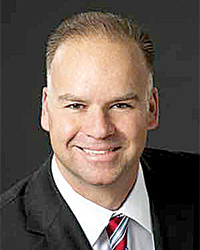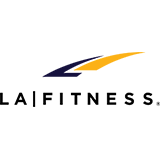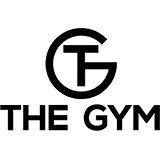About Paul R. Bedard, Esquire
 Paul R. Bedard, Esquire
Paul R. Bedard, Esquire
Paul R. Bedard, Esquire, has nearly twenty years of management, leadership and operations experience in the health and fitness industry. As a practicing attorney, Paul's health and fitness industry experience provides him with a unique perspective when advising health clubs regarding employee training, handbooks, policies, contracts, disputes or premises liability claims. When not practicing law or spending quality time with his wife and daughters, Paul strives to be active in his local community. Paul has served as the Assistant Town Attorney for the Town of Southington, Connecticut. He has also served on the Southington Zoning Board of Appeals and the Board of the Central Connecticut Regional Planning Agency. Paul is a solo practitioner at The Law Office of Paul Bedard, LLC, in Southington, Connecticut.
Phone: (860) 414 - 0110
Email: AttorneyPaulBedard@gmail.com













